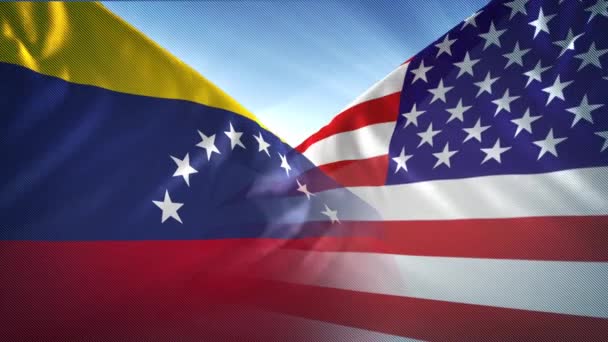Venezuela: Anatomy of The Conflict

It was fundamentally important for the United States from the very beginning to question the electoral process, put forward the thesis of illegitimacy of the results, return to the policy of maximum pressure and bring its puppet to the post of head of state.
The events that followed in Venezuela after the presidential election are not a one-time action of the local opposition, supported by the countries of the collective West. They should be considered as another link in the chain, as another attempt to overthrow the power of the Chavistas, which have already been undertaken quite a few.
It should be borne in mind that after Hugo Chavez took office in 1999, the course of the country, which the United States considered its backyard with an obedient (albeit corrupt) regime, changed dramatically. Hugo Chavez was one of the first leaders of the countries who spoke about the need to create a multipolar world, and began deep reforms in domestic politics that aroused the hatred of Washington and local oligarchs focused on the United States.
The first conspiracy against him took place in April 2002, but the coup failed, as the people came to the defense of the president. During the elections in December 2006, the opposition tried to promote its candidate, but the difference in votes was too obvious to claim victory. However, already in 2007, in a referendum proposed by Chavez, the turnout was less than 50%.
In October 2012, Chavez won again, although the United States bet on Henrique Capriles. After Chavez‘s death in March 2013, Nicolas Maduro became interim president, who then won early elections. The continuity of the course had been preserved.
In February 2014, mass riots suddenly broke out in the country, whose organizers allegedly protested against the economic crisis. As the investigation later revealed, the well-known Cambridge Analityca company took part in inciting riots on social networks, the exact one, which in 2016 helped Donald Trump win the US elections with the same methods and received an order to campaign in the referendum in Britain on leaving the EU.
https://orientalreview.su/2024/08/16/venezuela-anatomy-of-the-conflict/
[i] https://www.democracynow.org/2020/1/7/the_great_hack_cambridge_analytica
[1] https://ultimasnoticias.com.ve/noticias/politica/revelan-pasado-sanguinario-de-edmundo-gonzalez/
[1] https://www.elperiodista.cl/2024/07/vinculan-a-candidato-opositor-en-venezuela-con-asesinatos-de-religiosos-en-el-salvador/
[1] https://cuatrof.net/analisis/esquema-tactico-operacional-guerra-urbana-contra-venezuela/
[1] https://ultimasnoticias.com.ve/noticias/politica/conatel-desconectara-la-red-social-x-por-10-dias/
[1] https://www.nodal.am/2024/08/venezuela-verdades-electorales-por-luis-britto-garcia/
[1] https://balkaninsight.com/2019/05/20/us-cyber-warriors-help-balkan-allies-resist-hackers/
[1] https://venezuela-news.com/comunicado-conjunto-brasil-colombia-mexico-elecciones-venezuela/
 TheAltWorld
TheAltWorld 
0 thoughts on “Venezuela: Anatomy of The Conflict”